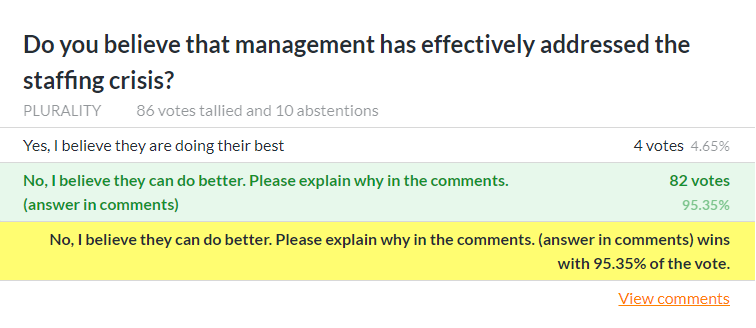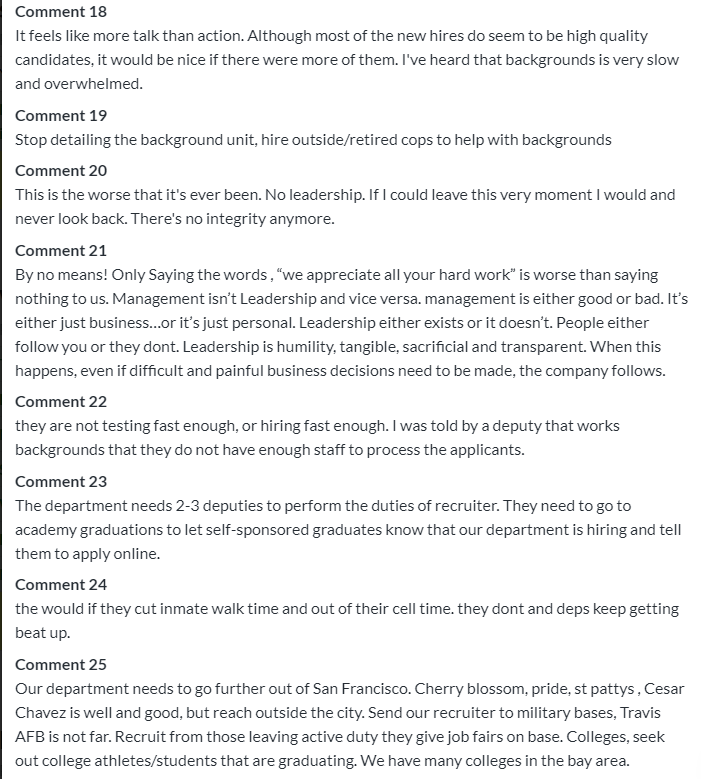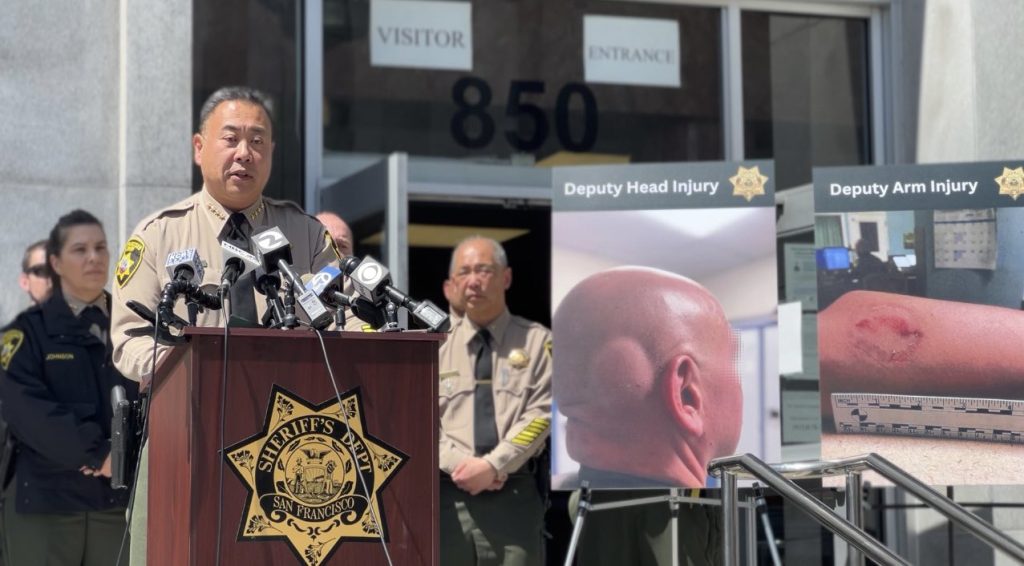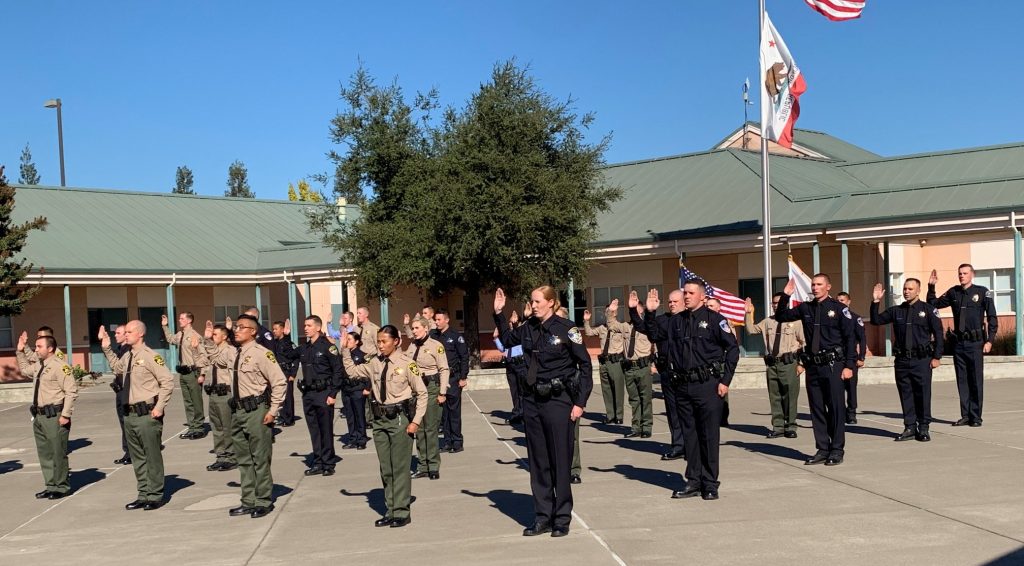In a bold move to address the critical staffing shortages plaguing the San Francisco Sheriff’s Office (SFSO), the San Francisco Deputy Sheriffs’ Association (SFDSA) has issued an open letter to Sheriff, Mayor, and Board Supervisor President. The letter, signed by SFDSA President Ken Lomba, demands immediate action to recruit and hire Deputy Sheriffs to alleviate the current crisis.
The urgency of the situation cannot be overstated. A recent survey conducted by Dr. Lois James, PhD, revealed shocking statistics regarding the sleep, health, and wellness of SFSO deputies. With an average of only 5.25 hours of sleep per 24-hour period, deputies are facing serious risks to their health and safety. The survey also found high rates of physical and mental health problems among deputies, including high blood pressure, sleep apnea, depressive symptoms, and anxiety.
Despite these alarming findings, SFSO deputies are working an average of 28 hours of overtime per week, nearly tripling the recommended limit set by Occupational Safety and Health guidelines. This excessive overtime not only contributes to fatigue and health issues but also increases the risk of incidents and accidents on the job.
The cost analysis conducted by Dr. James further highlights the urgency of the situation. It is more cost-effective to increase the workforce by approximately 50% than to rely on overtime to fill staffing gaps.
In light of these findings, the SFDSA is demanding immediate action from Sheriff, Mayor, and Board Supervisor President. The association calls for the allocation of necessary funding to recruit and hire additional Deputy Sheriffs to ensure the safety and well-being of deputies and the public.
The SFDSA’s open letter serves as a clarion call for action. It demands results and concrete steps to address the staffing crisis in the SFSO. If no action is taken, the SFDSA is prepared to escalate its efforts and inform the public about the gravity of the situation.
The time for action is now. The safety and well-being of our deputies and our community depend on it.
Ken Lomba
President
San Francisco Deputy Sheriffs’ Association






